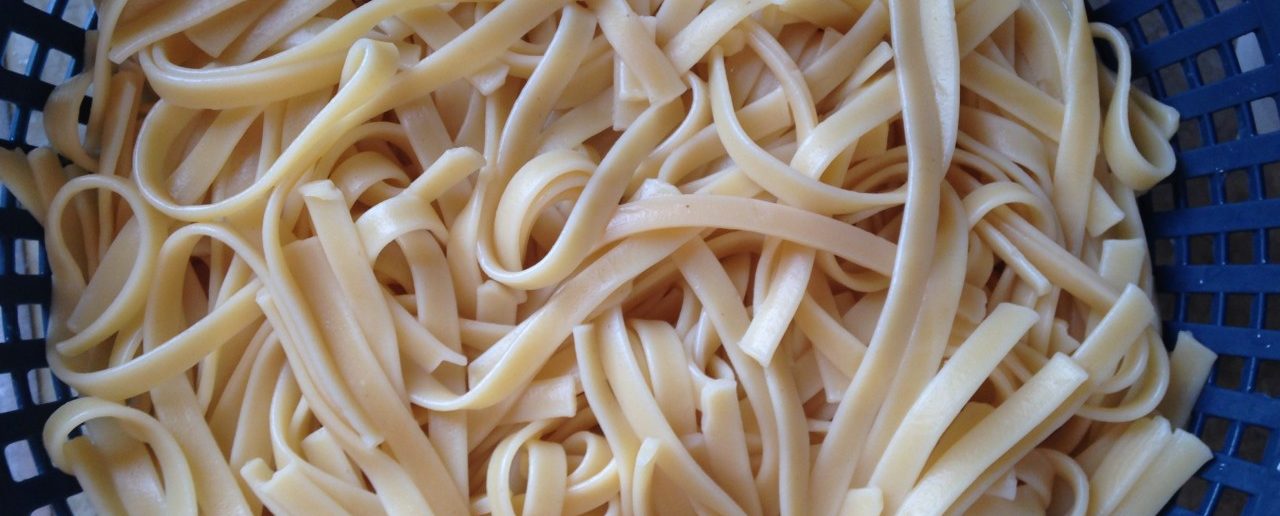Carbs Make You Fat and Other Food Myths

You've heard that carbohydrates make you fat, eating chocolate causes zits, and that eggs are bad for you. We debunk common myths about many of the foods you eat.
Health information can be confusing.
Are eggs unhealthy?
Remember when you were told to avoid eating eggs? The yolks contain about 213 mg of cholesterol, and it’s known that high cholesterol levels can cause heart problems. So many people started eating egg white omelets and limited or gave up this near perfect food.
The trouble is that eggs are good for you.
YOU MIGHT ALSO LIKE: 7 Myths About Back Pain
Eating up to one egg per day is not associated with an increased risk of coronary artery disease or a stroke.
“Most of the studies I’ve seen conclude that eggs are fine,” said Katherine Tallmadge, MA, RN, a nutritionist. “Some studies note that eggs may even improve your health, as they contain nutrients difficult to find in other foods.”
Those nutrients include:
- Protein and choline. Both substances help your brain function.
- Lutein and zeaxanthin. These chemicals help prevent eye diseases such as cataracts and age-related macular degeneration.
- Vitamin D. This vitamin is important for your bones and teeth.
In other words, you can cross eggs off your list of foods to avoid.
Carbs make you fat
Since the first anti-carb book appeared on the bestseller lists (“Dr. Atkins’ Diet Revolution,” 1972), several books touting low-carb, high-protein diets followed.
“There’s nothing inherently fattening about carbohydrates,” said Jean Harvey-Berino, PhD, RD, former chair of the department of nutrition and food sciences at the University of Vermont. “It’s eating too many calories, period, that makes you fat.”
It’s smart to limit eating highly processed white flour foods and sugar, which can increase your risk of developing heart disease and type 2 diabetes. You can enjoy good carbohydrates, such as whole grains, beans, fruits, and vegetables.
Updated:
October 20, 2023
Reviewed By:
Janet O’Dell, RN